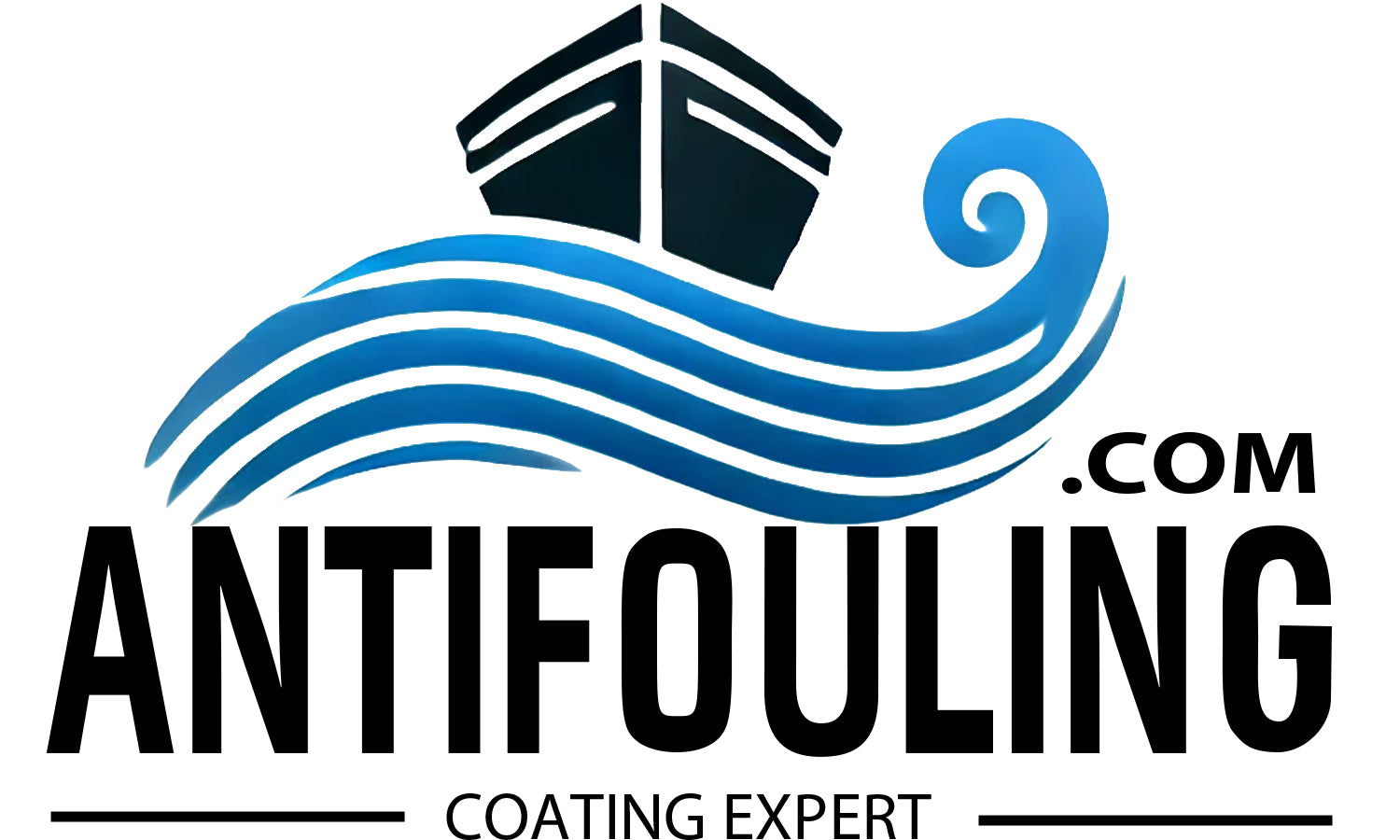Many boat owners ask themselves whether antifouling is really necessary, especially those whose boats are in inland waters or only occasionally in the water. In most cases, the answer is yes. But why is antifouling so important, and when can you do without it? This article provides answers and explains the background.
What happens without antifouling?
If antifouling is not used, growth will form on the underwater hull, especially if the boat remains in the water for long periods. This growth consists of algae, mussels and other organisms that:
-
Increase drag: The boat becomes slower and less efficient.
-
Increase fuel consumption: The performance of the engine is affected, resulting in higher fuel consumption.
-
Damage to the boat hull: Organisms such as mussels can attack the surface and cause long-term damage.
Without antifouling, these problems can occur after just a few weeks, especially in warm, nutrient-rich waters such as brackish or salt water.
When is antifouling particularly important?
-
Boats in salt water: Salt water bodies promote the growth of fouling considerably. Antifouling is essential here to keep the boat clean and efficient.
-
Boats that are permanently in the water: The longer a boat stays in the water, the more growth occurs. Antifouling is a necessary protective measure here.
-
High usage: Boats that are used frequently benefit from the smooth, clean surface that antifouling provides.
When can you do without antifouling?
-
Trailer boats: Boats that are taken out of the water after each use usually do not require antifouling. A thorough cleaning after use is often sufficient.
-
Short-term moorings: If your boat is only going to be in the water for a few days or weeks, you can skip antifouling. However, regular cleaning is necessary.
-
Special waters: In very cold or nutrient-poor waters, the risk of growth is lower. Antifouling may not be necessary here.
What alternatives are there?
For boat owners who want to avoid antifouling, there are some alternatives:
-
Protective films: These can make growth more difficult but are susceptible to damage.
-
Regular cleaning: Remove deposits using a high-pressure cleaner or a soft brush directly underwater.
-
Dry berths: Boats that are stored on land between uses, i.e. daily, do not require antifouling.
Long-term benefits of antifouling
Although antifouling involves a certain amount of effort and expense, the advantages outweigh the disadvantages:
-
More efficient operation: Clean underwater hulls enable better performance and lower fuel consumption.
-
Protection against damage: Antifouling prevents organisms from attacking the boat hull in the long term.
-
Less maintenance: With antifouling, cleaning effort is significantly reduced.
Conclusion: Is antifouling necessary?
In most cases, antifouling is essential, especially for boats that stay in the water for long periods or are used in salty waters. Trailer boats and boats that are only docked for a short time may not need it, but they do require consistent cleaning. Ultimately, the decision depends on the specific use of your boat. Get advice from an expert to find the best solution for your needs.

Share:
Which antifouling for GRP boats?
How long does antifouling last?